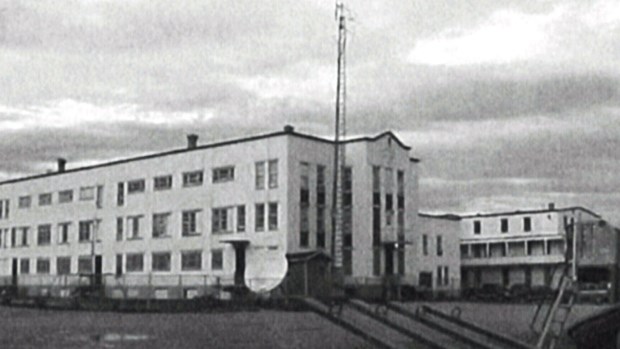Mushkegowuk Council and Timmins-James Bay MP Charlie Angus are asking the federal government to preserve historic reports by St. Anne’s Residential School survivors.
Earlier this week, Angus wrote a letter to David Lametti, the Attorney General of Canada, voicing his concerns and asking the government to stop the destruction of the documents describing the abuse St. Anne’s residential school survivors have gone through.
According to Angus’ letter, under the court order issued by Justice Brenda Brown on May 29, the federal government can begin destroying the Independent Assessment Process (IAP) documents, including the person of interest (POI) reports, in January.
"The matter of the obligation to provide POI reports will be tested in Ontario Superior Court in the coming year and if the survivors win in court, the documents that your officials are holding on to will be crucial," Angus wrote.
Mushkegowuk Council's Deputy Grand Chief Rebecca Friday said many survivors had many of their claims denied because of lack of evidence, so if the reports detailing survivors’ experience are destroyed, they won’t receive justice that they deserve.
“The government put people (in schools) but they suffered coming out of there, so who’s responsible for that?” she said in an interview. “People are still suffering because the justice system doesn’t work for them. It’s only fair to say to the government to take responsibility and acknowledge the genocide.”
Friday is a residential school and the Sixties Scoop survivor. She attended Bishop Horden Hall residential school in Moose Factory for two years.
“I know what I felt, I know what happened to me. And I will never, never recover unless I get that proper help,” she said.
In November, a group of St. Anne’s residential school survivors launched a petition asking the Canadian government to stop fighting them in court. Since 2013, Canada has spent $3.2 million on legal costs against St. Anne’s residential school survivors.
Friday also questioned why the court battle between the survivors and the federal government is being overseen in British Columbia, not Ontario.
“We’re going to have a good relationship if the government is honest with my people,” she said. “And it’s so discouraging going back to B.C. to get rid of the evidence, doesn’t make sense to me.”
